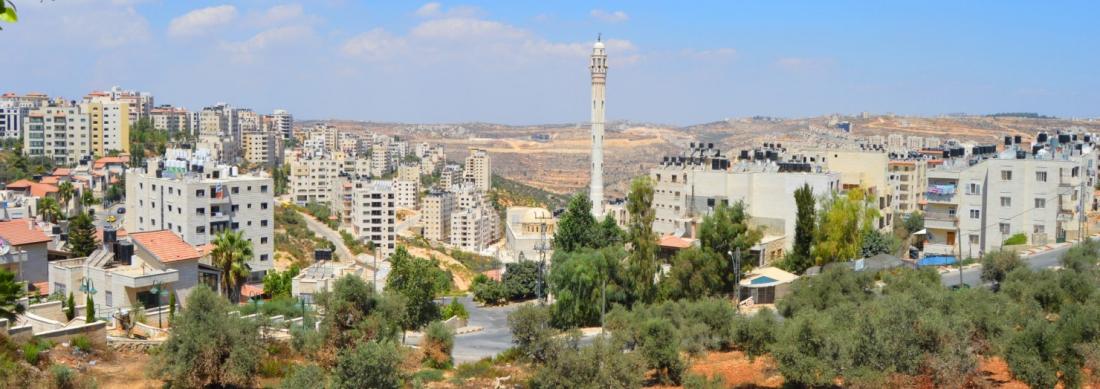Can smart cities win the fight against COVID-19?

Over the past few months, COVID-19 has had a devastating impact on economies, governments, and civil society. From rising death tolls to disruptions in day-to-day activities and economic turmoil, no city is spared, putting significant pressure on local authorities, businesses, and policy-makers to act swiftly and adequately. As such, the world is collectively gaining new insights into science, technology, and policy that could make our cities smarter and equip us with the knowledge and expertise to face other global shocks and crises in the future.
While cities in more developed countries are utilizing sophisticated technology-enabled tools such as digital twins and autonomous freight, those in developing countries are not quite there yet; however, they too attempt to reap benefits of digital transformation.
For instance, due to lockdowns and social distancing rules, many developing urban areas are now forced to adopt new e-government and e-health services, providing manuals and tutorials for citizens who are learning and becoming more open to the idea of using them. The pandemic has also emphasized the importance of digital forms of work such as teleconsultations, online education, remote work, and e-commerce, and other environmentally-friendly practices, resulting in reduced traffic, congestion, and air pollution.
With regards to industry in developing economies, there is a clear willingness to drive investment in innovative smart city technologies, such as 4G/LTE, 5G, artificial intelligence (AI), internet of things (IoT), and machine learning. Both the private and public sectors are eager to digitise and improve existing infrastructure, and achieve new levels of productivity through automation, robotics, and other technologies.
The application of such innovative smart city technologies will not only transform industry but also smart cities as a whole. They will enable existing services to be delivered faster, more reliably, more effectively, and less costly. They will also open a new window of opportunity into new, otherwise unattainable innovations.
In a politically unstable state like Palestine, where the movement of people and commodities is restricted, and the use of 4G/5G and other internet technologies remain a political issue, smart cities were for some time an out-of-reach goal. Despite the complexity of the situation, multiple municipalities and SMEs have done their best in jumping over political hurdles hoping to make a change. One of the remaining issues, however, is linking those actors together to advance the progress and meet rising domestic needs, especially amid COVID-19 repercussions.
Through the ENI CBC MED project of SME4SMARTCITIES, Leaders International along with its regional partners in the Mediterranean, will encourage collaboration between different SMEs and municipalities in Palestine, and reinforce their capacity in doing so. Simply put, the project will help cities become the front-runners of innovation, more specifically, through the use of public procurement of innovative solutions, and the provision of products and services that meet the needs of urban areas.
Public-private partnership (PPP) and specifically, the collaboration between the innovation ecosystem and municipal systems, is crucial. This framework is most effective with regards to bridging capability gaps and needs, where municipal systems identify and articulate such needs and technology companies bring the digital expertise to address them.
Through the activation of the innovation ecosystem in line with the needs of urban areas during COVID-19, outcomes are expected to provide a long-term remedy for the economic losses incurred by the Palestinian authority and business community today.









